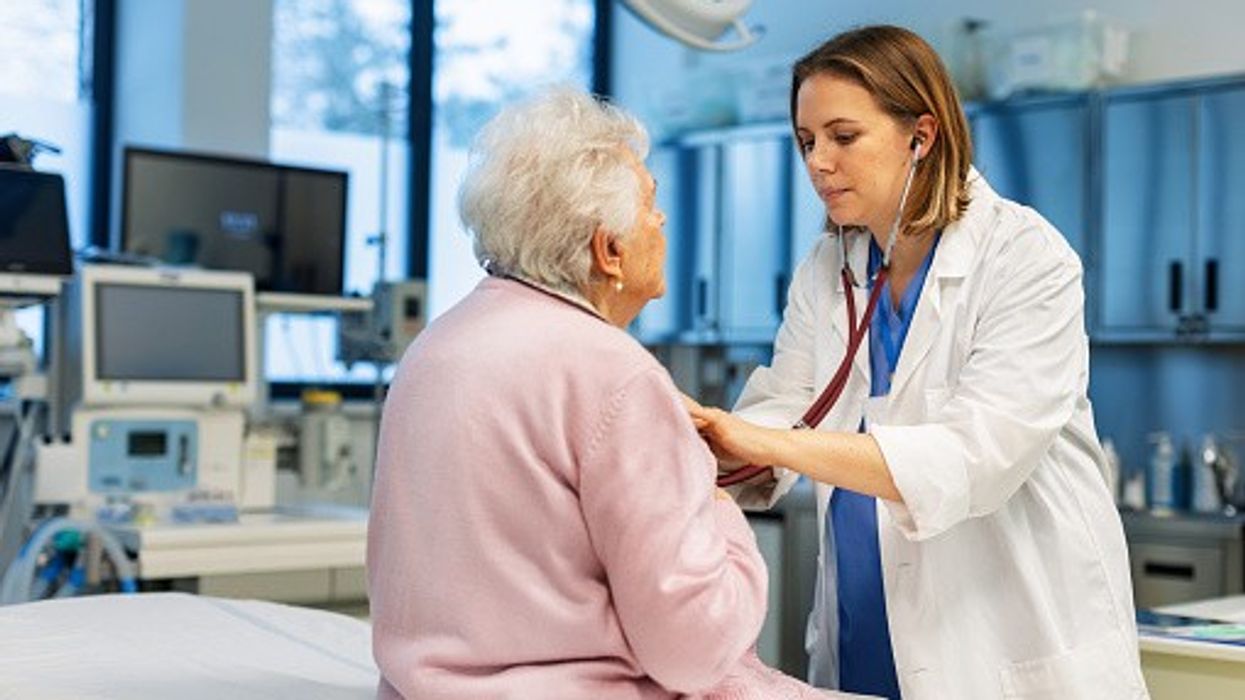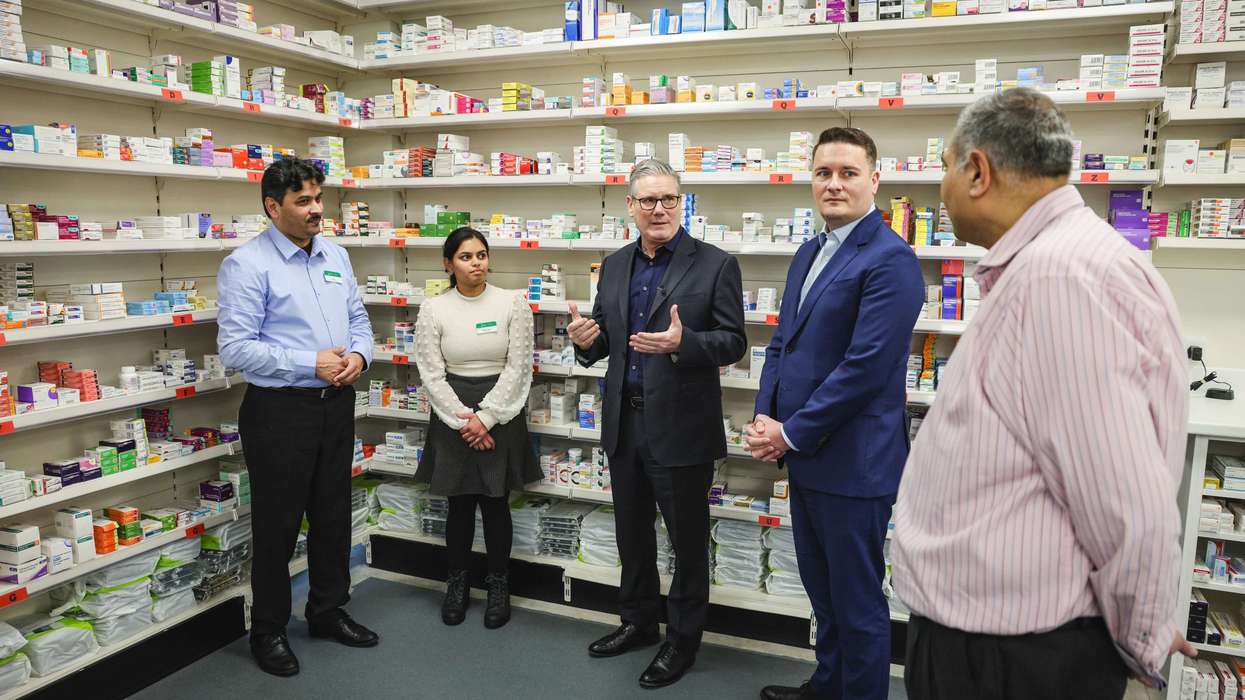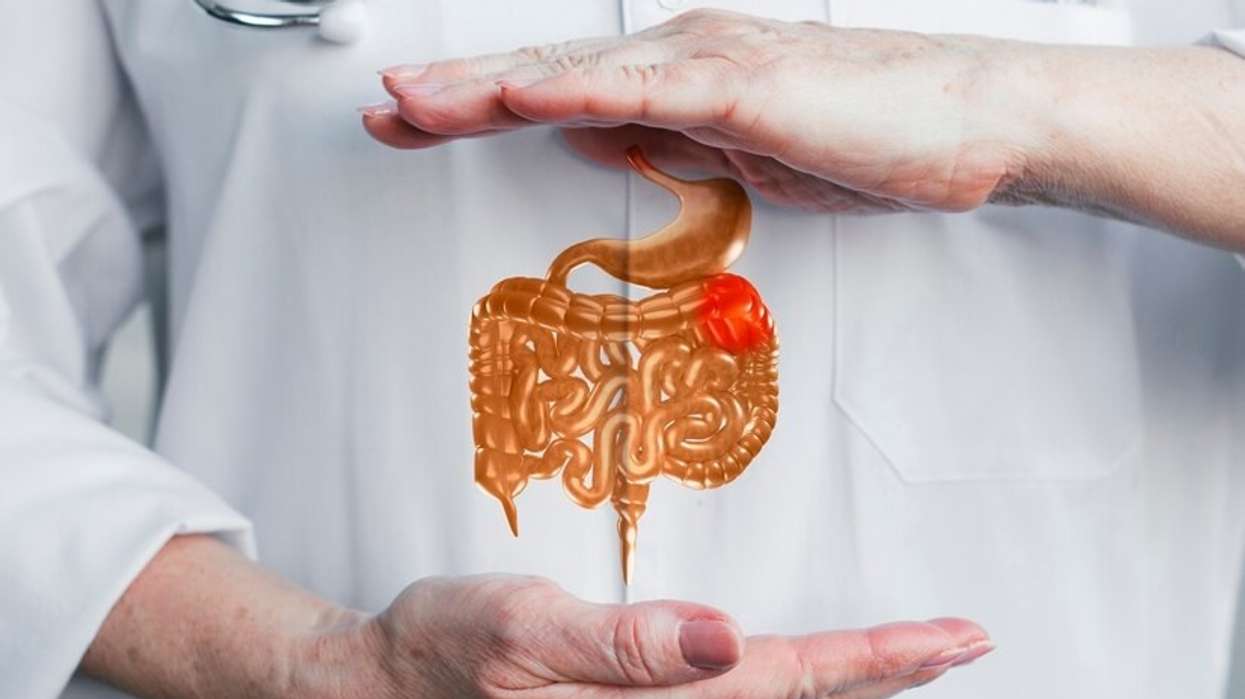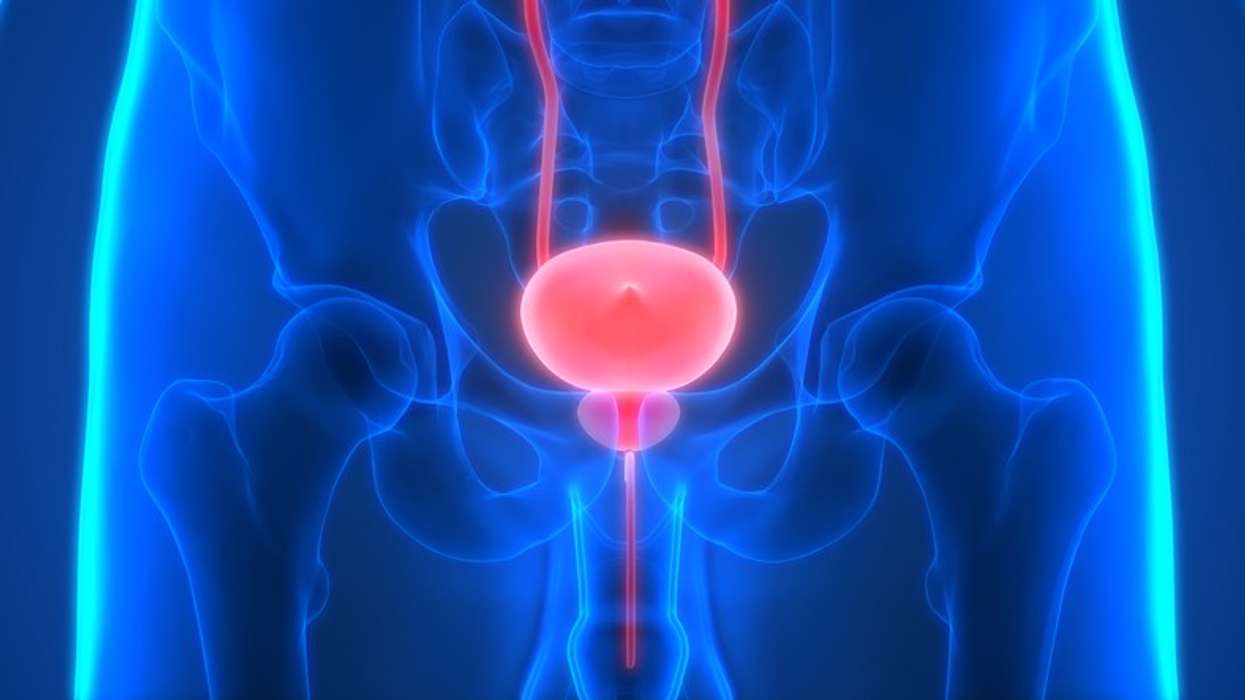Key Summary
- People in more deprived areas and coastal towns often have the highest needs for the NHS, but the services remain patchy
- These areas have lower number of GPs, with long waits, and higher incidents of closure of GP practices
- They find it the hardest to contact their GP over the phone, website or app
The government has launched a review of GP funding across England to tackle healthcare inequalities across the NHS.
The current Carr-Hill formula considers the expected workload of GP practices to determine the distribution of funding.
People in more deprived areas and coastal towns often have the highest needs for the NHS, but the services remain patchy.
These areas have a lower number of GPs, with long waits, and higher incidents of closure of GP practices.
This leads to inequality of access, with the GP patient survey showing that people living in the most deprived areas find it the hardest to contact their GP over the phone, website or app.
Minister of State for Care Stephen Kinnock said, "The way GP funding is allocated is outdated and no longer fit-for-purpose – with more deprived areas and coastal communities across the country experiencing the highest levels of inequality.
"With GPs at the heart of our 10 Year Health Plan, it is vital that we don’t leave any community behind and that we end the postcode lottery of care."
Analysis by the Nuffield Trust shows that practices in poorer areas employ fewer GPs, with a worse average patient experience and poorer Care Quality Commission Ratings.
Evidence from the Health Foundation also suggests that GP practices which serve more deprived areas of the country are receiving nearly 10 percent less funding per patient than practices in more affluent areas.
The Chief Medical Officer’s 2021 annual report on coastal communities noted that in Morecambe, over the last 20 years, it has been challenging to recruit and retain GPs and experienced practice nurses to tackle the significant health challenges.
The report called for changes to the funding formulas in order to support deprived coastal areas, like Morecambe, with longstanding workforce recruitment difficulties.
NHS England National Director for Primary Care Dr Amanda Doyle said, "By overhauling GP funding for the first time in 2 decades, the NHS can better help people to get the support they need as GPs and their teams deliver record numbers of appointments for their communities."
Royal College of GPs chair Professor Kamila Hawthorne said, "A review of the funding formula for general practice is long overdue and something the college has called for, alongside an uplift in funding for general practice overall.
"A patient’s postcode and where they live should not determine the level of NHS care they receive. It can’t be right that people in deprived communities - who often have more complex health needs and would therefore potentially benefit from health interventions most - are less likely to receive it, because GPs in deprived areas are responsible for hundreds more patients per head on average than those practising in more affluent areas."
NHS Confederation’s Primary Care Network chair Dr Duncan Gooch said, “We welcome the government’s announcement to start the review of the Carr-Hill formula. It’s an important opportunity to ensure that funding for general practice truly reflects the needs of today’s patients and communities. The formula must take proper account of factors such as deprivation, population growth, and the rising complexity of health needs — as well as the increasing workload facing practices."
To put general practice at the heart of the 10 Year Health Plan, the government has invested an additional £1.1 billion in general practice, recruited over 2,000 more GPs, and made online booking available to patients across the country.












